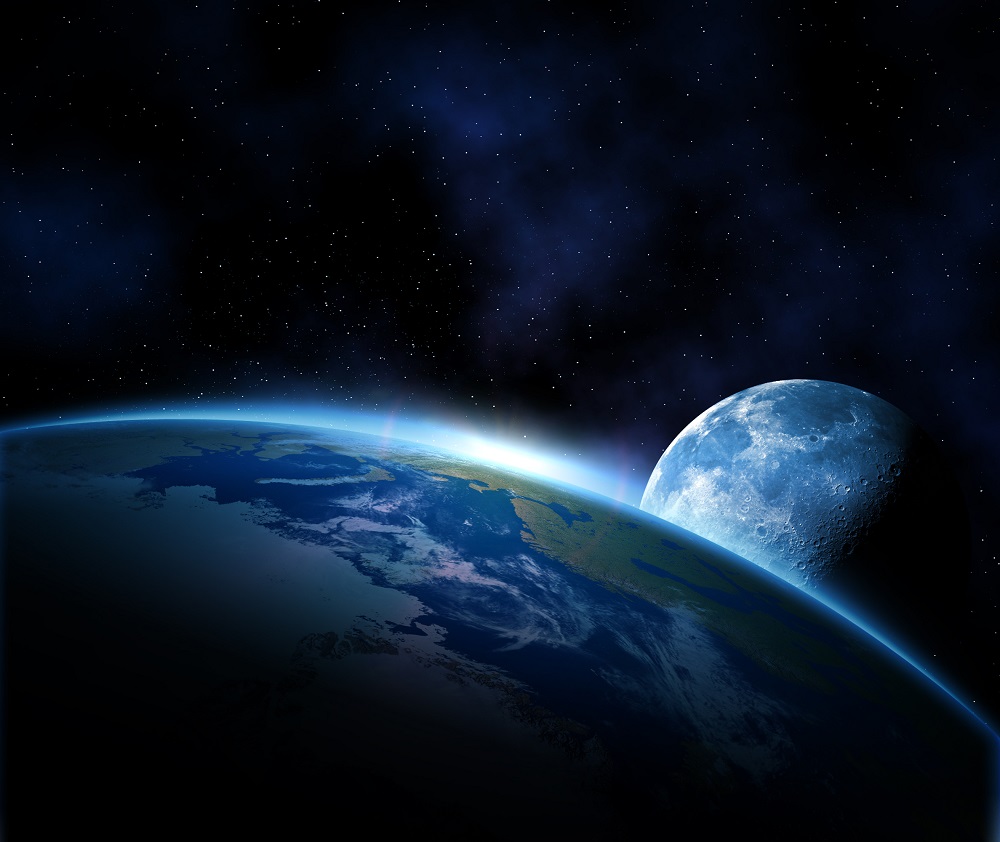By Jennifer Albers-Smith
I was a Computer Science major for a couple years at the University of Michigan (before declaring an English and Sociology double major) and participated in the Women in Science & Engineering (WISE) residence program. One of the events on our radar was the Sally Ride Science Festival that took place on North Campus. Each year, I was amazed as the campus was swarmed with hundreds of children. The festival, which still takes place each year at colleges across the United States, it is a fun-filled day of science projects, workshops, and experiences for middle schoolers.
This festival struck me in particular because no one had encouraged me (outside of my chemist father and pharmacist mother) to turn my interest in science into a career. There weren’t programs for young girls (or at least none in my area) trying to promote scientific careers in a fun way. And as a pioneer for STEM education and the first American woman in space, Sally Ride deserves a shout-out for this month’s focus on Women’s History Month.
Ride has confessed that she doesn’t know why she applied to the space program.[1] NASA had just recently opened up the program to external applicants, including women. And right as she was finishing up her PhD at Stanford, she was accepted. In 1983 she became the first American woman in space. Did you also know she was the youngest (at 32)? Makes me wonder what I’ve done with my own life.
While we remember Sally for blazing the path for female scientists and astronauts everywhere, others may not know what she did after. Speaking at Smith College in 1985, Sally Ride announced that encouraging women to enter math and science disciplines was her “personal crusade.” So in 2001, she founded Sally Ride Science. Her focus: inspiring young women:
“I discovered that there were still significant societal stereotypes and peer-group pressure that start to affect girls in upper elementary school through middle school in such a way that they start to drift away from math and science. So I realized that there was a lot that could be gained by targeting that particular age.”[2]
USA Today interviewed Ride in 2006 and asked her, “Suppose you were an executive of a corporation that needs engineers. You meet a girl in high school. She scored in the 99th percentile in math on her SATs, yet says she wants to major in psychology or go to law school, because those careers sound more interesting. What do you tell her?”
Ride’s response, “I’d introduce her to the coolest female engineer in the company. Girls tend to have a stereotype of engineers being 65-year-old guys who wear lab coats and pocket protectors and look like Einstein. Try to make it personal to them and show them some of the cool things they can do in engineering.”[3]
As the daughter of a chemist, this made me laugh. My father (although not 65) wears a lab coat and pocket protector, so this was EXACTLY what I thought a scientist or engineer looked like as a young woman – definitely not a “young” or “cool” or “female.”
Sally died in 2012 at the age of 61 due to pancreatic cancer, but her legacy lives on. Sally Ride Festivals alone have directly impacted more than 52,000 girls.[4] While the climate has improved for girls since Sally’s (and my) youth, the stats are still less than stellar. Women fill 48% of all jobs in the U.S. economy, yet hold only 24% of STEM jobs, according to a 2011 federal report.
So even though I didn’t pursue a degree in science – English Lit really IS my thing – I still closely follow advancements in science and innovation and am incredibly passionate about education. I really do get excited every time I hear my son’s preschool teachers do a science experiment in class.
[1] “Sally Ride.” Encyclopedia of World Biography. Detroit: Gale, 1998. Updated February 23, 2015. Biography in Context. Web. 3 Mar. 2015.
[2] “Sally Ride.” Encyclopedia of World Biography. Detroit: Gale, 1998. Updated February 23, 2015. Biography in Context. Web. 3 Mar. 2015.
[3] Jones, Del. “Ride urges emphasis on math, science studies.” USA Today 20 Mar. 2006: 03B. Biography in Context. Web. 3 Mar. 2015.
[4] Marklein, Mary Beth. “Sally Ride’s educational legacy lives on 30 years after spaceflight.” USA Today 16 May 2013: 03A. Biography in Context. Web. 3 Mar. 2015.
[alert-info]
 About the Author
About the Author
Jennifer loves her children, dogs, and Jane Austen. She has a B.A. in English and Sociology from the University of Michigan, and spends her waking hours as a marketing director and feeding her family.
[/alert-info]Boots


